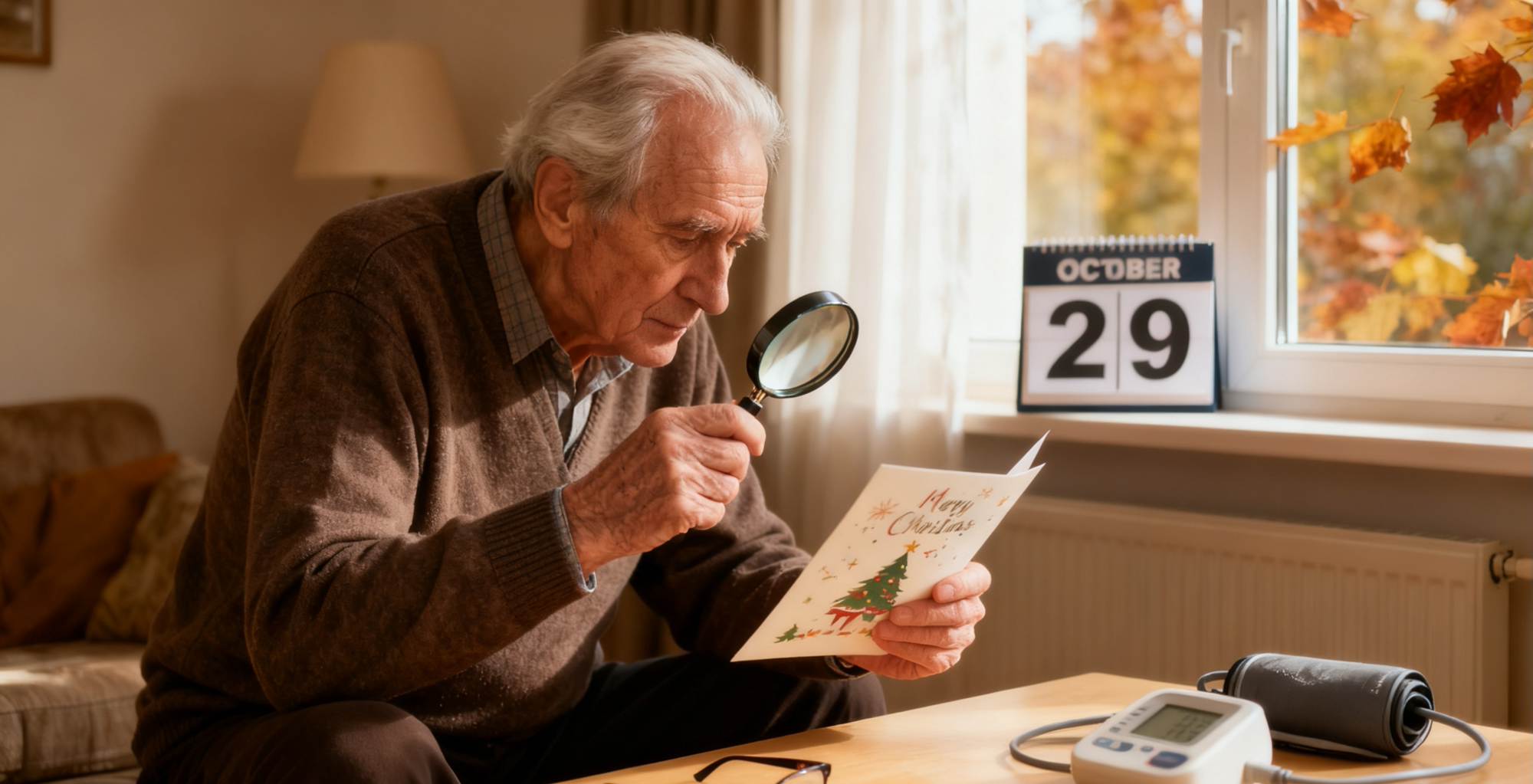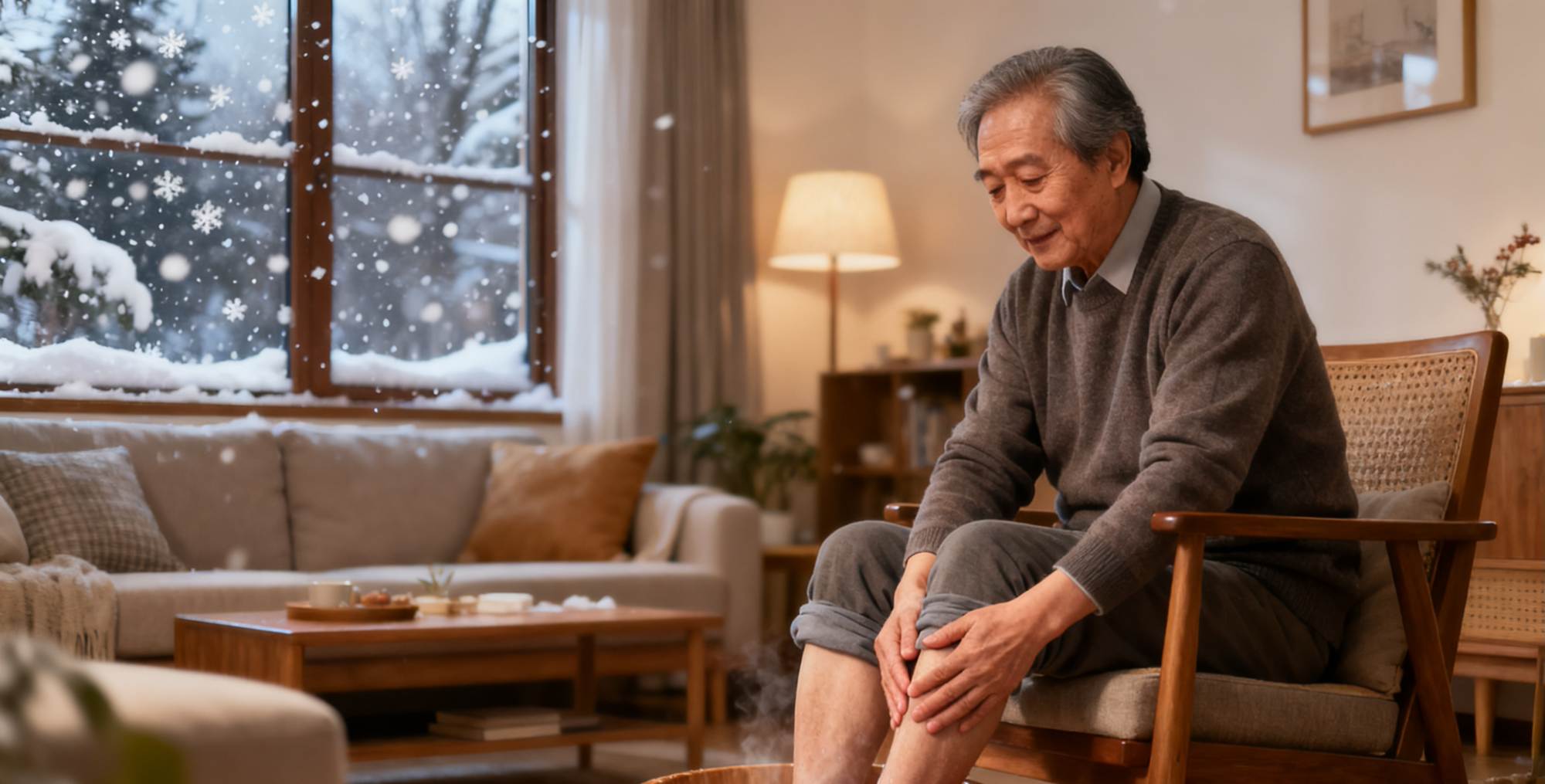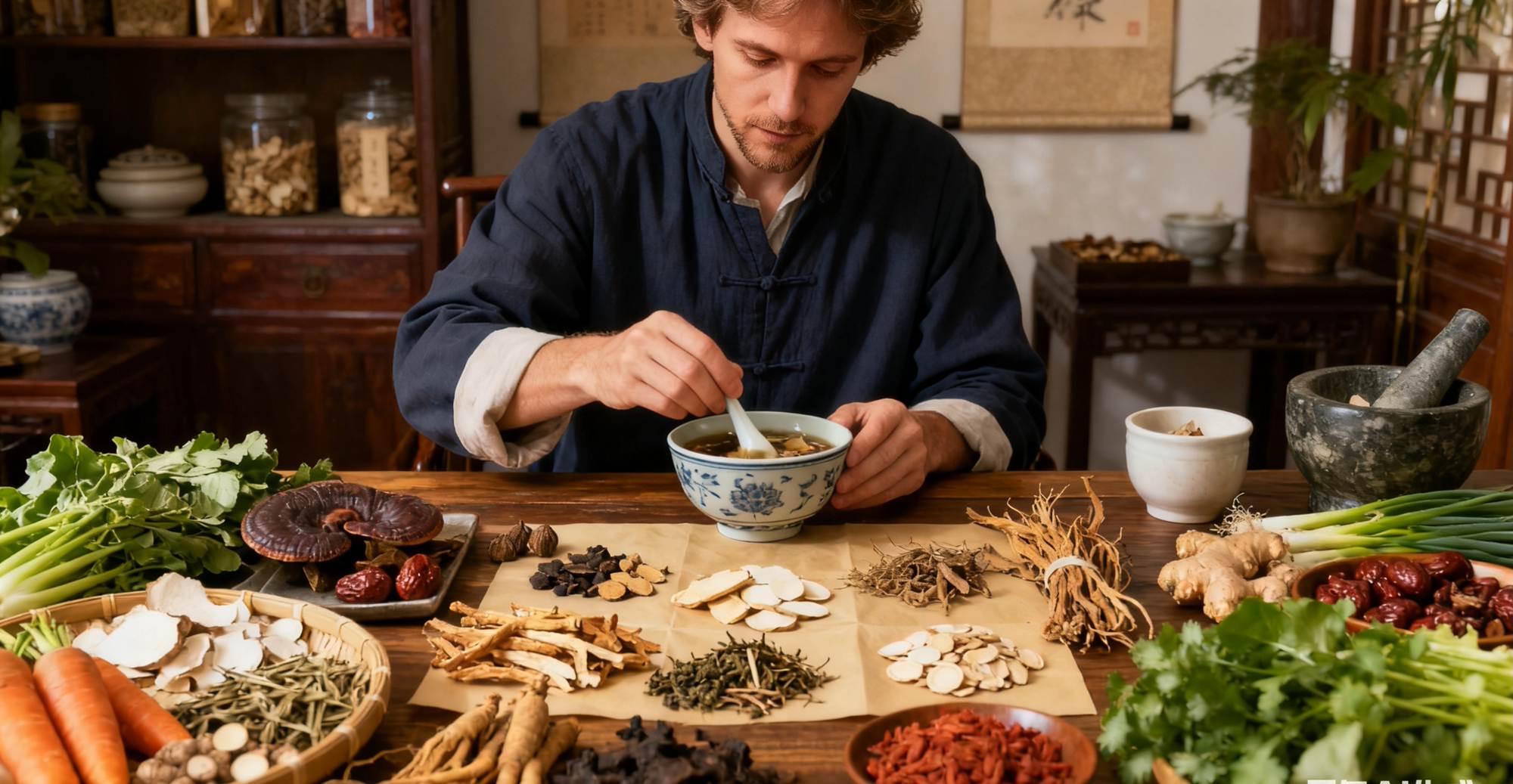October 29th is the traditional Chinese festival for respecting the elderly, the Double Ninth Festival. As the elderly experience a decline in bodily functions, they often suffer from frailty and even multiple chronic diseases. How can they ensure a healthy old age? We invited TCM experts to offer advice on health preservation and disease prevention for the elderly.
TCM views the health problems of the elderly as an imbalance in the overall state of the "aging" stage within the natural life cycle of "birth, growth, maturity, aging, and death." It believes the root cause lies in the depletion of Qi and blood in the internal organs, particularly insufficient kidney essence and weakened spleen and stomach function.

TCM has unique advantages in maintaining the health of the elderly. Xu Fengqin, director of the Institute of Geriatrics at the China Academy of Chinese Medical Sciences, said that TCM mainly focuses on the holistic treatment of insufficient kidney essence and weak spleen and stomach that cause the decline in the elderly, striving to prevent, reduce, and delay the onset of illness in the elderly through proactive health management.
TCM considers the spleen and stomach to be the foundation of acquired constitution. How can the elderly strengthen their spleen and improve their digestive function, given their poor appetite and weakened digestive function?
"A healthy spleen and stomach are the cornerstone of health and longevity in the elderly," said Yang Ge, chief physician of the Department of Geriatrics at Guang'anmen Hospital of the China Academy of Chinese Medical Sciences. He advised that the elderly should eat regularly and in moderation, only eating until they are about 70% full, and chewing slowly. They can use warm, soft, light, and easily digestible foods for dietary therapy, such as yam and barley porridge or hawthorn and malt tea. Massaging the Zusanli acupoint and the abdomen are also helpful.
Lower back and leg pain is common among the elderly. Ge Jinwen, president of the Hunan Provincial Academy of Traditional Chinese Medicine, said that for mild pain, simple methods can provide relief, such as massaging the Zusanli and Weizhong acupoints with the thumb for one or two minutes, or applying moxibustion to acupoints such as Shenshu, Dachangshu, and Yanglingquan for 10 to 20 minutes. A hot compress of traditional Chinese medicine can also be applied to the affected area. Regularly exercising the lower back and leg muscles is also important, such as repeatedly extending and retracting the toes while lying on one's back.
Insomnia is also a common health problem among the elderly. Experts explain that insomnia reflects the physiological characteristics of "deficiency and stagnation" in the elderly. Treatment should focus on both "tonifying deficiency" and "calming the mind," such as using longan and lotus seed soup, lily bulb and jujube seed tea, and pressing acupoints like Neiguan and Shenmen to help calm the mind and spirit when experiencing insomnia.
Meanwhile, the elderly should maintain regular sleep schedules and avoid using mobile phones in bed before sleep; they should also avoid drinking strong tea after 3 pm. Furthermore, psychological comfort such as greetings and conversations with children is more effective than medication in resolving insomnia in the elderly.
In dealing with seasonal health issues, the elderly can also make full use of traditional Chinese medicine methods.
Xu Fengqin says that the elderly often have a Qi deficiency constitution, making them less able to resist external pathogens and more susceptible to colds in autumn and winter. Prevention should focus on tonifying Qi and strengthening the exterior. Treatment can employ a gentle tonifying approach, such as consuming astragalus-stewed chicken soup to tonify the middle and replenish Qi, eating yam porridge to strengthen the spleen and nourish the lungs, and using jujube tea to harmonize the Ying and Wei (nutritive and defensive Qi).
In autumn, the elderly are prone to low mood and melancholy. Traditional Chinese medicine (TCM) believes that excessive emotions can damage the functions of the internal organs. Regulating the emotions of the elderly involves soothing the liver qi and nourishing the heart and spleen. Experts suggest that the elderly can choose to listen to classical folk music or participate in community activities to relieve emotions. On the other hand, families and society should also provide sufficient support and companionship for the elderly.

TCM emphasizes "treating disease before it occurs," and using the correct methods for health preservation can achieve twice the result with half the effort. However, the application of these methods should vary from person to person.
Ge Jinwen gives the example of "walking a hundred steps after meals," which is intended to promote digestion and the transformation of fluids through gentle exercise. However, it is not suitable for all elderly people. Elderly people with cardiovascular diseases such as coronary heart disease, hypertension, and arteriosclerosis may experience insufficient blood supply to the heart and brain immediately after meals, easily leading to dizziness, weakness, angina, or even more serious accidents.

There are also some precautions for the health preservation of elderly people with "three highs" (hypertension, hyperlipidemia, and hyperglycemia). Yang Ge advises that this group of people should eat a light diet and choose foods that have the effect of resolving phlegm and promoting blood circulation, such as hawthorn, winter melon, and onion; eat more foods rich in dietary fiber and eat appropriate amounts of foods that lubricate the intestines and promote bowel movements, such as walnuts and black sesame seeds, to prevent constipation; exercise should be gentle and slow, and should be done consistently.



